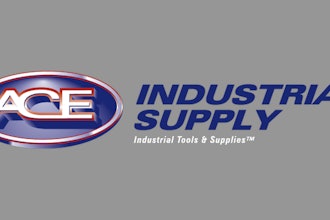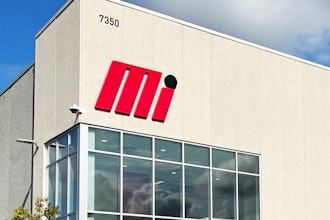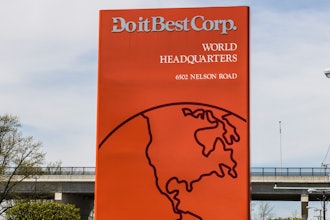Apple is on a path to overtake Exxon as the largest company by market capitalization, and it's a strong -- and troubling -- signal that the market is no longer placing as high of a value on industrial companies that depend on traditional manufacturing, business spending, or natural resources for revenue.
I wasn’t exactly surprised when I saw the headline of a recent Associated Press article about how Apple is on a path to overtake Exxon as the largest company by market capitalization. As someone who has come of age in a lowercase i-dominated world, it seems like a foregone conclusion that the tech giant will eventually claim the top spot in the Standard & Poor’s 500, market index used by most professional money managers.
Upon first seeing the story, I hardly gave it a second glance. After all, hardly 30 minutes goes by before I see myself, or someone around me, fire up an Apple device for work or entertainment purposes. The tech giant is everywhere these days, and it was going to take a lot more than another AP article about Apple’s success as a company to capture my undivided attention.
But then a thought occurred to me. What if there’s more to this story than meets the eye?
I went back and re-read the article. Sure enough, this story said a lot more than how much consumers heart Apple.
According to AP writer David K. Randall:
Apple's move to the top would be a strong signal that the market is no longer placing as high a value on industrial companies that depend on traditional manufacturing, business spending, or natural resources for revenue. Instead, investors are now expecting growth to be driven by spending from average consumers on technology and entertainment.
I know, I know. Sticks, stones, and the Great Recession may break your bones, but words will never hurt you. And that’s all the statement is; words. But they are troubling words, that’s for sure.
They are troubling words for you manufacturers and industrial distributors who struggled mightily through the economic downturn. After fighting to overcome major decreases in sales and revenue that resulted in layoffs and decreased spending, to hear that “the market is no longer placing as high a value” on you and your products has to elicit some sort of feelings of concern or anxiety on your part. Right?
For me, the article raised a couple of questions:
- Are traditional industrial business models becoming outdated and therefore less effective?
- Will the future bring a sustained decrease in demand for industrial goods and services?
The data that’s out there suggests the answers to those questions and what the future holds for the industrial sector is anybody’s guess.
The Institute for Supply Management reported that manufacturing activity increased for the 14th consecutive month in September, but growth was at its slowest pace since November of 2009. Furthermore, the report stated slower gains in new orders (a reliable gauge of future activity) slowed to a crawl.
Perhaps all this data and conjecture means something, and perhaps it is all much ado about nothing. Manufacturers and industrial distributors, much like companies in other business sectors, have reportedly experienced a rebound in sales and orders. All the relevant data suggests manufacturing activity is expanding – even if it’s slower and steadier than you or I would like to see.
But it is articles like the Apple-Exxon piece that makes me wonder if the U.S. market for goods and services really is being permanently altered. If that’s the case, manufacturers and distributors will need to sincerely revaluate their business strategies in order to ensure sustained success in a market that places less value on their products and services.
If the game changes, the players have to evolve with it. Are you in, or are you out?
Is the U.S. market for goods and services really being permanently altered? Or is Apple's rise to the top of the Standard & Poor's 500 much ado about nothing? E-mail me at [email protected].






















